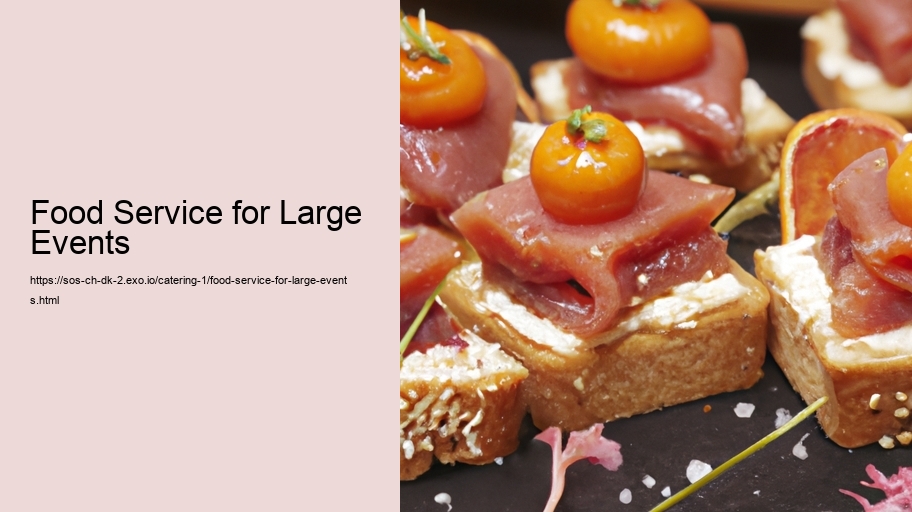Food service for large events is a complex and multifaceted operation that requires meticulous planning, coordination, and execution to ensure the success of an event. Whether it's a corporate gala, a wedding reception, or a large-scale conference, the role of food service cannot be understated as it significantly contributes to the overall experience of the guests.
The first step in managing food service for a large event is the planning phase. This involves understanding the scope of the event, the number of attendees, the venue, and the budget. Event planners work closely with caterers to design a menu that not only fits the theme of the event but also accommodates the dietary preferences and restrictions of the guests. This can range from gluten-free and vegan options to kosher or halal meals. In addition to the menu, planners must also decide on the style of service-whether it will be a seated dinner, buffet, or passed hors d'oeuvres.
Once the menu is set, the next phase is the procurement of ingredients and supplies. For large events, this means securing large quantities of food, ensuring its freshness, and managing its storage and transportation. Food safety is paramount; hence, caterers must adhere to strict health codes and handling procedures to prevent contamination and foodborne illnesses.
On the day of the event, the execution of food service begins with the setup of the dining area. This includes the arrangement of tables, chairs, linens, dinnerware, and decorations. The kitchen staff must be well-organized, with chefs, sous chefs, and cooks working in unison to prepare the dishes. Timing is crucial, as food needs to be cooked, plated, and served at the right temperature and at the correct pace to keep the event on schedule.
The service staff plays a pivotal role in the success of the event. They are responsible for serving the food, refilling drinks, clearing dishes, and attending to the guests' needs. Well-trained servers enhance the dining experience through their professionalism, responsiveness, and courtesy.
Additionally, the trend of incorporating interactive food stations and live cooking demonstrations is becoming increasingly popular at large events. These elements add an entertainment factor and provide guests with a personalized experience. From sushi bars to pasta stations, guests can enjoy watching chefs prepare their meals right before their eyes.
Another consideration is the environmental impact of food service at large events. Sustainable practices, such as using locally sourced ingredients, minimizing food waste, and opting for biodegradable or compostable dinnerware, are becoming more common as awareness of environmental issues grows.
In the aftermath of the event, the food service team must handle the cleanup process efficiently, ensuring that the venue is left in pristine condition. This includes the disposal of waste, cleaning of dishes, and the breakdown of the dining setup.
In conclusion, food service for large events is an essential element that demands attention to detail, creativity, and organizational skills. It is an art that combines culinary expertise with hospitality, aiming to provide an unforgettable dining experience that complements the grandeur of the event. From the planning stages to the final cleanup, each step is critical in delivering a seamless service that leaves a lasting impression on the guests.
